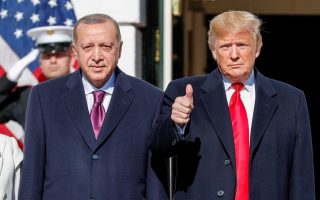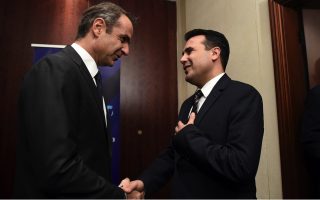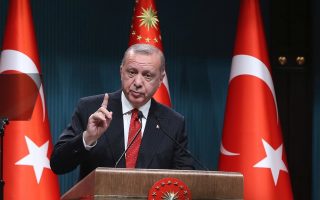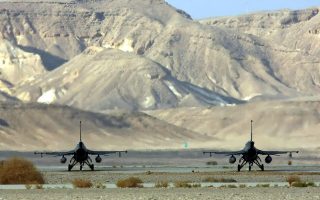Standing by our neighbors
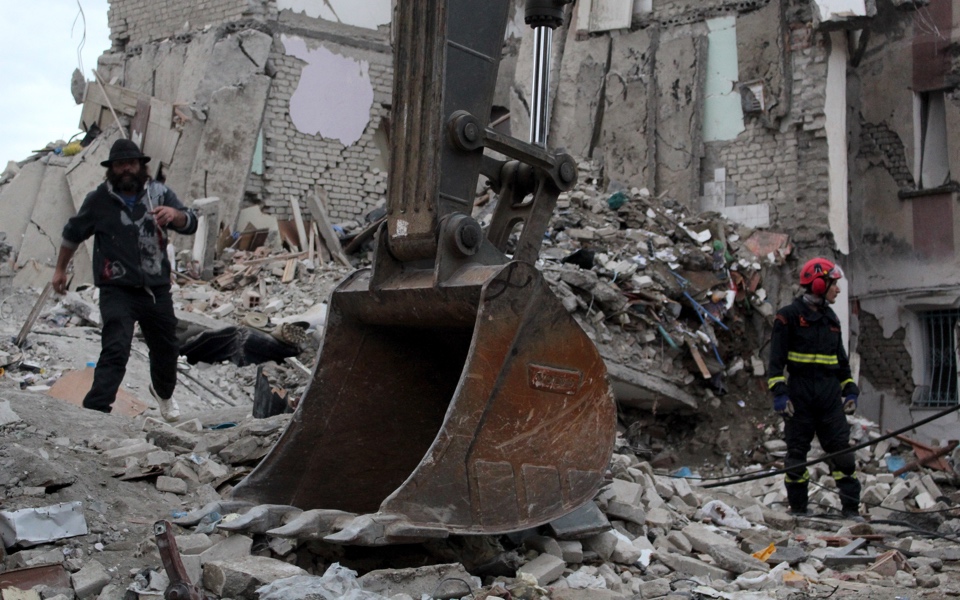
At a time of need, they say, you can only count on God or your neighbor. The saying was confirmed this week after Albania was hit by the severest earthquake the Balkan nation had experienced in decades. Greece was the first country to send assistance and rescue crews. It was a spontaneous reaction from a people (and its leadership) spurred by a profound understanding that pain has no borders. The Greeks were quick to put the experienced personnel and modern technical equipment developed over years of firsthand experience of such disasters at the disposal of their northern neighbors.
Prime Minister Kyriakos Mitsotakis saw off the Greek aircraft that carried the emergency specialized teams to Tirana International Airport, while Foreign Minister Nikos Dendias was the first foreign official to visit the coastal city of Durres, near the epicenter, and stand next to the country’s Prime Minister Edi Rama. At the same time, members of the EMAK disaster response team were tirelessly pulling dead bodies as well as survivors from the rubble.
All these images had a positive impact on Albanian society. To be sure, the acts of solidarity were not dictated by political and diplomatic expediency. Meanwhile, assistance to the quake-stricken areas must continue even after the TV crews have left.
Events like the Albanian earthquake, when combined with sincere acts of solidarity, can have a catalytic effect on people-to-people relations as well as official ties.
Long-standing stereotypes are shattered, prejudices ease and communities come closer to each other. In 1999, Greeks responded with a spontaneous outpouring of sympathy and support following the devastating earthquake in Izmit, northwestern Turkey. The Turks responded in kind a few weeks later when a big temblor struck the Greek capital. The tragic events facilitated efforts for a rapprochement (led by Greek Foreign Minister George Papandreou and his Turkish counterpart Ismail Cem) which, ephemeral as it turned out to be, went down in history as “seismic diplomacy.”
This time, the tragedy at Durres seems to have had a positive effect on the Albanian public and struck a chord with the Greek population. The opportunity must not go to waste. Both sides must capitalize on the thaw in relations between the two communities in order to warm up the frosty bilateral relationship which remains hostage to long-standing mutual misunderstanding.
If the clouds in relations between the two countries do not clear, even with pretexts like a killer quake, then it will be difficult for bilateral ties to improve.
